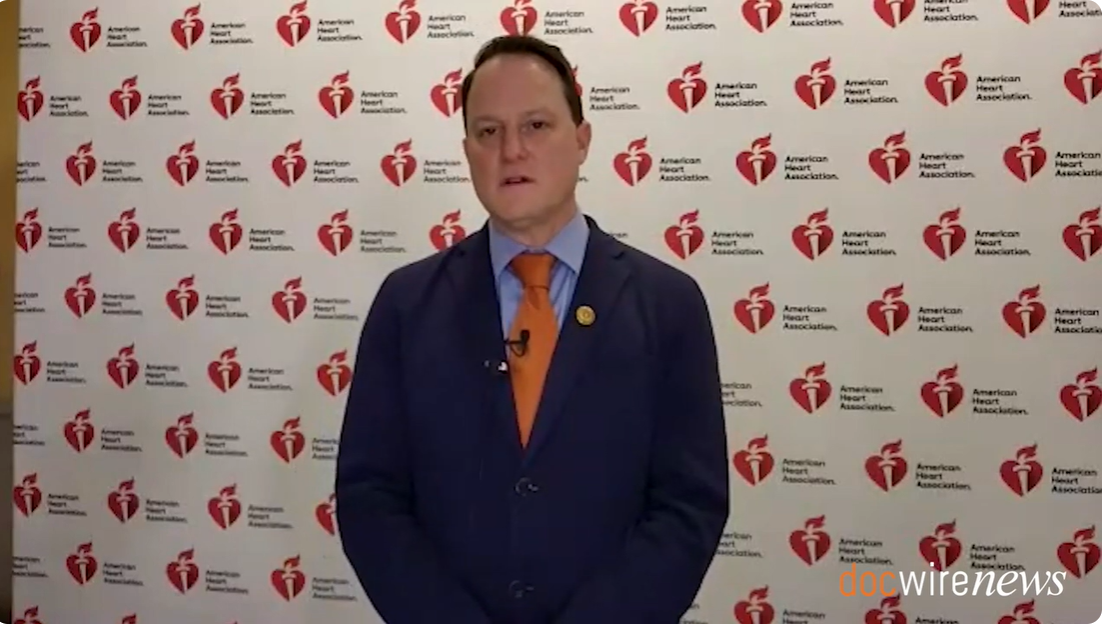
Individuals who use marijuana regularly may face an increased risk of heart failure, stroke, or heart attack, according to 2 preliminary studies that will be presented at the American Heart Association’s Scientific Sessions 2023, taking place November 11-13 in Philadelphia, Pennsylvania.
In one study, which found a connection between daily marijuana use and incident heart failure, researchers analyzed more than 156,999 adults (median age, 54 years; 60.9% female at birth; 70.7% White) in the United States who participated in the All of Us Research Program, sponsored by the National Institutes of Health.
All study subjects completed a survey about the frequency of their marijuana use, which was defined as using marijuana when not prescribed for a health condition or, if prescribed for medical purposes, using it beyond that purpose. The population of interest was followed for nearly 4 years. Researchers adjusted for demographic and economic factors, as well as alcohol and tobacco use and other cardiovascular factors linked with heart failure, such as type 2 diabetes and obesity.
Results Highlight Health Concerns
“Prior research shows links between marijuana use and cardiovascular diseases like coronary artery disease, heart failure, and atrial fibrillation, which is known to cause heart failure,” said lead study author Yakubu Bene-Alhasan, MD, MPH, a resident physician at Medstar Health in Baltimore. “Marijuana use isn’t without its health concerns, and our study provides more data linking its use to cardiovascular conditions.”
“Our results should encourage more researchers to study the use of marijuana to better understand its health implications, especially on cardiovascular risk,” Bene-Alhasan said. “We want to provide the population with high-quality information on marijuana use and to help inform policy decisions at the state level, to educate patients and guide health care professionals.”
In a second study, researchers evaluated data from the 2019 National Implant Sample, the largest national database of hospitalizations, to assess 28,535 cannabis users with existing cardiovascular risk factors (high blood pressure, type 2 diabetes, or high cholesterol) and compared them with 10,680,000 adults with the same risk factors who were not marijuana users.
“Since 2015, cannabis use in the [United States] has almost doubled, and it is increasing in older adults; therefore, understanding the potential increased cardiovascular risk from cannabis use is important,” said lead study author Avilash Mondal, MD, a resident physician at Nazareth Hospital in Philadelphia. “What is unique about our study is that patients who were using tobacco were excluded because cannabis and tobacco are sometimes used together; therefore, we were able to specifically examine cannabis use and cardiovascular outcomes.”
Public Should Be Aware of Risks
According to the results, 20% of marijuana users had an increased chance of having a major heart or brain event while hospitalized compared with patients who did not use marijuana. Almost 14% of cannabis users with cardiovascular risk factors had a major adverse heart and brain event while hospitalized. Researchers observed that cannabis users had a higher rate of heart attack compared with those who did not use cannabis (7.6% and 6.0%, respectively) and were more likely to be transferred to other facilities (28.9% vs. 19.0%).
“We must be mindful about major heart and stroke events in older adults with cannabis use disorder. At this point, we need more studies to understand the long-term effects of cannabis use,” Dr. Mondal said. “Health care professionals should include the question, ‘Are you using cannabis?’ when taking a patient’s history. If you ask patients if they are smoking, people think cigarette smoking.” He concluded, “The main public message is to be more aware of the increased risks and open the lines of communication so that cannabis use is acknowledged and considered.”







 © 2025 Mashup Media, LLC, a Formedics Property. All Rights Reserved.
© 2025 Mashup Media, LLC, a Formedics Property. All Rights Reserved.